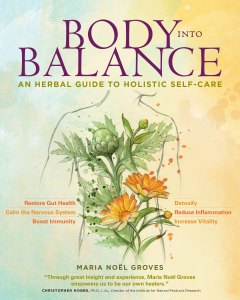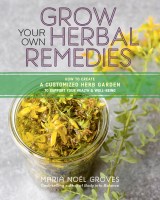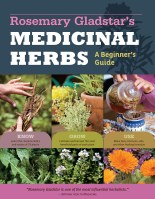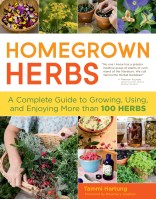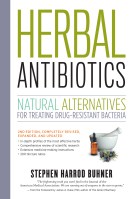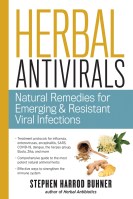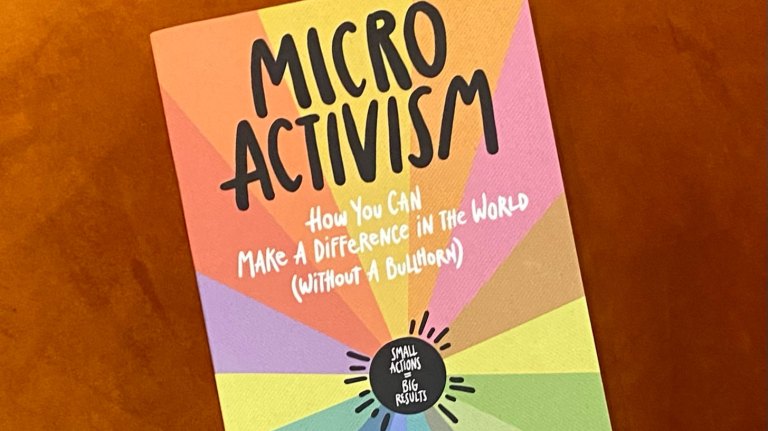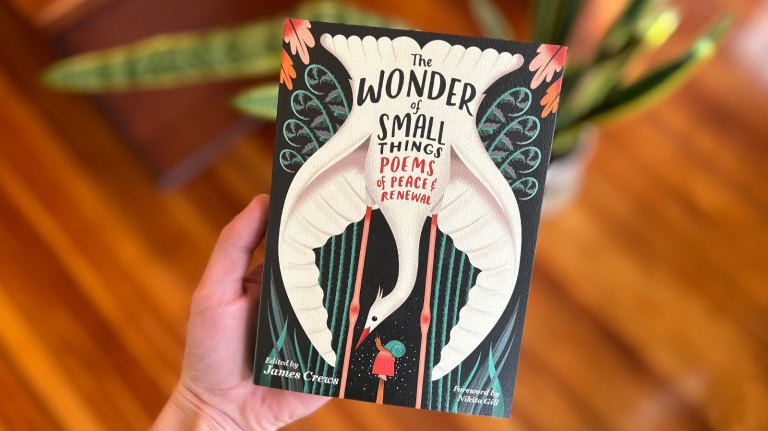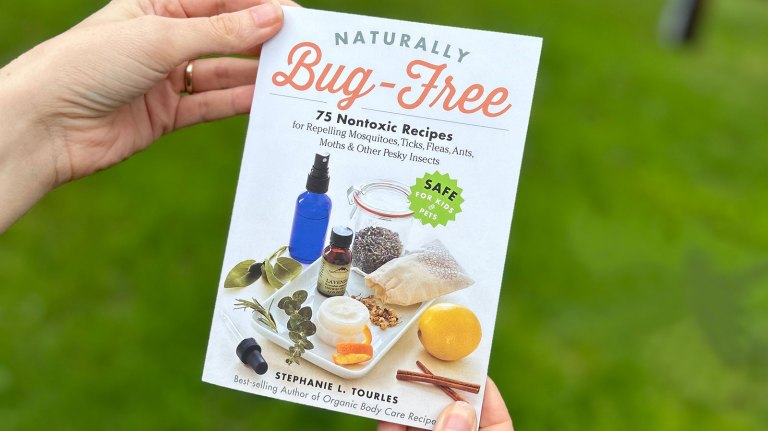How to Make Bee Balm Tincture (VIDEO)
More than just a beautiful addition to a garden, bee balm holds potent antimicrobial properties that can be harnessed in an easy fresh herb tincture.
Bee balm (Mondarda fistulosa) is rarely found on the commercial herb market, but it’s a darling of backyard herbalists because it’s gorgeous, grows abundantly, and often provides more potent and easy-to-harvest medicine than its more famous relatives oregano and thyme.
Prized for its antimicrobial properties, bee balm helps kill germs, such as viruses, bacteria, and fungi. Generally, antimicrobials like bee balm are used for fighting infections of the respiratory and digestive tracts, skin, or other areas of the body.
Fresh herb tinctures are easy to make, easy to take, and remain shelf stable for many years. They can be a highly effective way of administering herbal remedies because they extract both water- and alcohol-soluble constituents from plants.
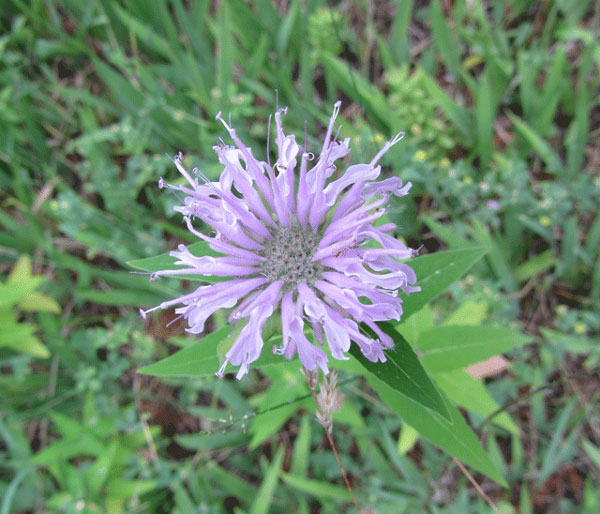
How to Make a Fresh Herb Tincture
Without measuring anything. this technique makes an approximately 1:2 extract. That is, for every 1 ounce (by weight) of herb, you’ll add 2 ounces (by volume) of alcohol.
- Chop up your fresh herb material, and really stuff it in a jar until you can’t fit any more.
- Fill the jar to the brim with whole-grain alcohol, high-proof vodka, or brandy. A day later, the liquid level will have dropped a bit; top off the jar with more alcohol.
- Let the jar sit in a dark spot for at least 1 month (or as long as you like). If the ingredients (e.g., roots) settle, shake the mixture periodically.
- Strain the tincture, using a fine-mesh strainer and muslin or cheesecloth to squeeze out the last bit.
Tincture Storage
Alongside teas, tinctures may be the most popular form of herbal medicine, particularly for at-home remedies. Store your finished tincture in an airtight (preferably dark glass) container in a cool, dark, dry spot. Most tinctures will keep for up to 10 years, though some may lose potency earlier or get unpleasantly gloppy.
Excerpted from Body Into Balance © Maria Noël Groves.
An antacid or an aspirin may soothe your pain, but it doesn’t cure the cause of your symptoms. Headaches, indigestion, fatigue, allergies, anxiety, eczema, high blood pressure, and other conditions are clues to a deeper imbalance in your body, and learning to read those clues is a key step in maintaining optimal health. Herbalist Maria Noël Groves shows you how to read your body’s signals and support your own wellness with herbal remedies and other natural treatments. You’ll learn how each of your major body systems — respiratory, digestive, immune, nervous, memory, reproductive, circulatory, and more — optimally functions, and you’ll discover how to use natural remedies to nourish and repair problem areas, restore lost vitality, support your body as a whole, and prevent future problems. Groves includes in-depth instructions, with step-by-step photographs, for making your own herbal remedies, as well as expert guidance on buying and effectively using commercial preparations.
